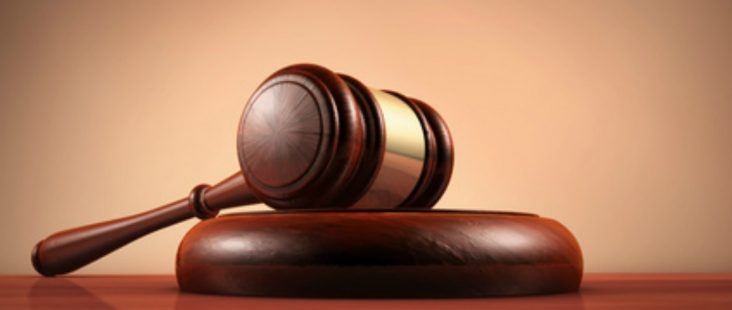Prosecutor in West Memphis Three case opposes advanced DNA testing
by February 9, 2022 1:36 pm 1,532 views

Prosecutor Keith Chrestman has filed a motion in Crittenden County Circuit Court asking a judge to not allow advanced DNA testing to move forward in the infamous West Memphis Three case. Among the arguments made in the filing is that the advanced, M-Vac DNA testing method would permanently alter the evidence and even if other DNA was discovered it wouldn’t conclusively prove who did it.
It also states that there is no proof that M-Vac testing is reliable, although researchers with the Federal Bureau of Investigation have lauded its results in dozens of cases nationwide.
A timetable for a decision from the judge was not released.
Chrestman, who was appointed to fill the term of former Prosecuting Attorney Scott Ellington, previously told Talk Business & Politics he would seek a court order to destroy the evidence in the case.
Echols, who has been fighting for the new testing for two years, was disappointed by the motion.
“The prosecutor in our case, Keith Chrestman, has now filed a motion asking the judge to refuse our request to test evidence in order to reveal the actual murderer. Arkansas continues to follow the path of corruption they set out on from the very beginning of this case,” Echols said in a Twitter post.
When reached for comment, Chrestman’s office issued the following statement: “The parties have filed their motions. Now, it’s before the Circuit Court. The state’s position is filed in the motion. The prosecutor’s office will have no further comment.”
Echols, along with his legal cohorts, Jason Baldwin and Jessie Misskelly Jr., entered into Alford pleas Aug. 19, 2011, in connection with the deaths of three, 8-year-old boys from West Memphis – Stevie Branch, Christopher Byers and Michael Moore. The plea is a rarely used legal maneuver in which a defendant professes innocence while acknowledging the state may have enough evidence to charge them.
The three men, known as The West Memphis Three, had been originally convicted of the murders after the boys were found in a rain-soaked ditch in West Memphis one day after they were reported missing while riding bikes in their neighborhood on May 5, 1993. The men spent 18 years in prison and have always maintained their innocence.
Prosecutors noted in their filing that only a judge can order new scientific testing in an already decided case. DNA testing was allowed to proceed in 2002, the motion states, but Echols was incarcerated at the time and isn’t now, so there is no need for further testing.
The motion also notes some minor procedural issues such as which circuit court the filing was made. The argument is also made that if this testing is done it could alter the evidence in a manner that could impugn future efforts to exonerate the other two defendants in the case, Baldwin and Misskelley. How it could impugn exoneration attempts by Baldwin and Misskelley was not explained, per the motion.
Evidence in the case has made news in recent months. Officials claimed it had been destroyed in a fire on public property, but Freedom of Information requests revealed there was no fire. Later, it was claimed that the evidence had been lost or destroyed, but when a judge ordered the evidence to be brought forth, it was found intact inside the West Memphis Police Department’s evidence room in December.
